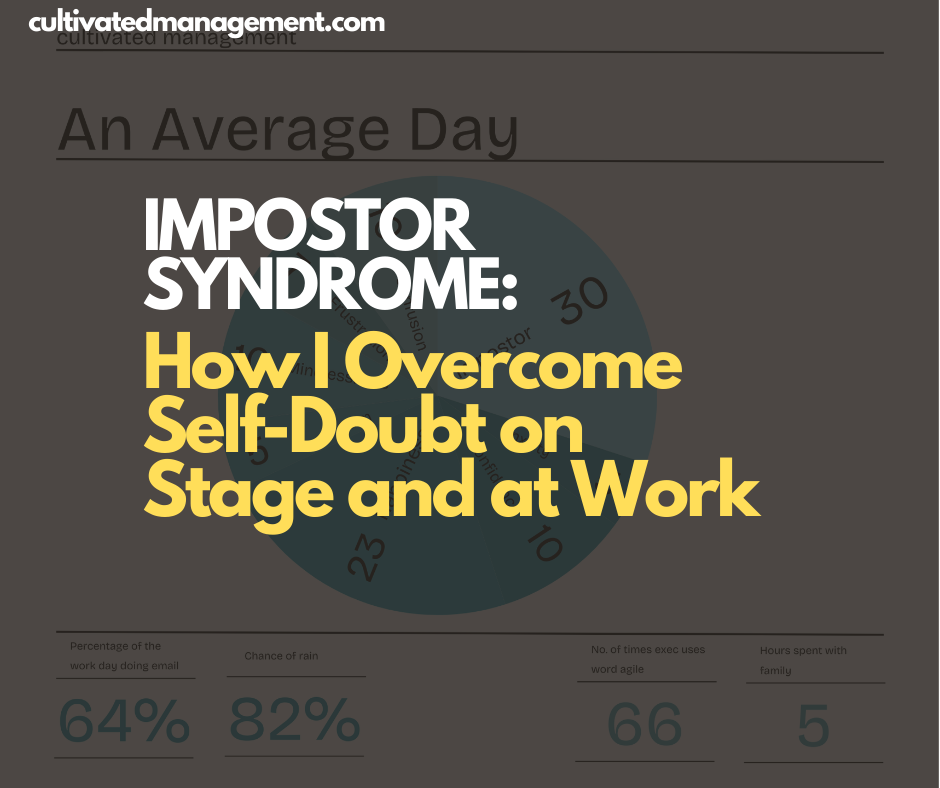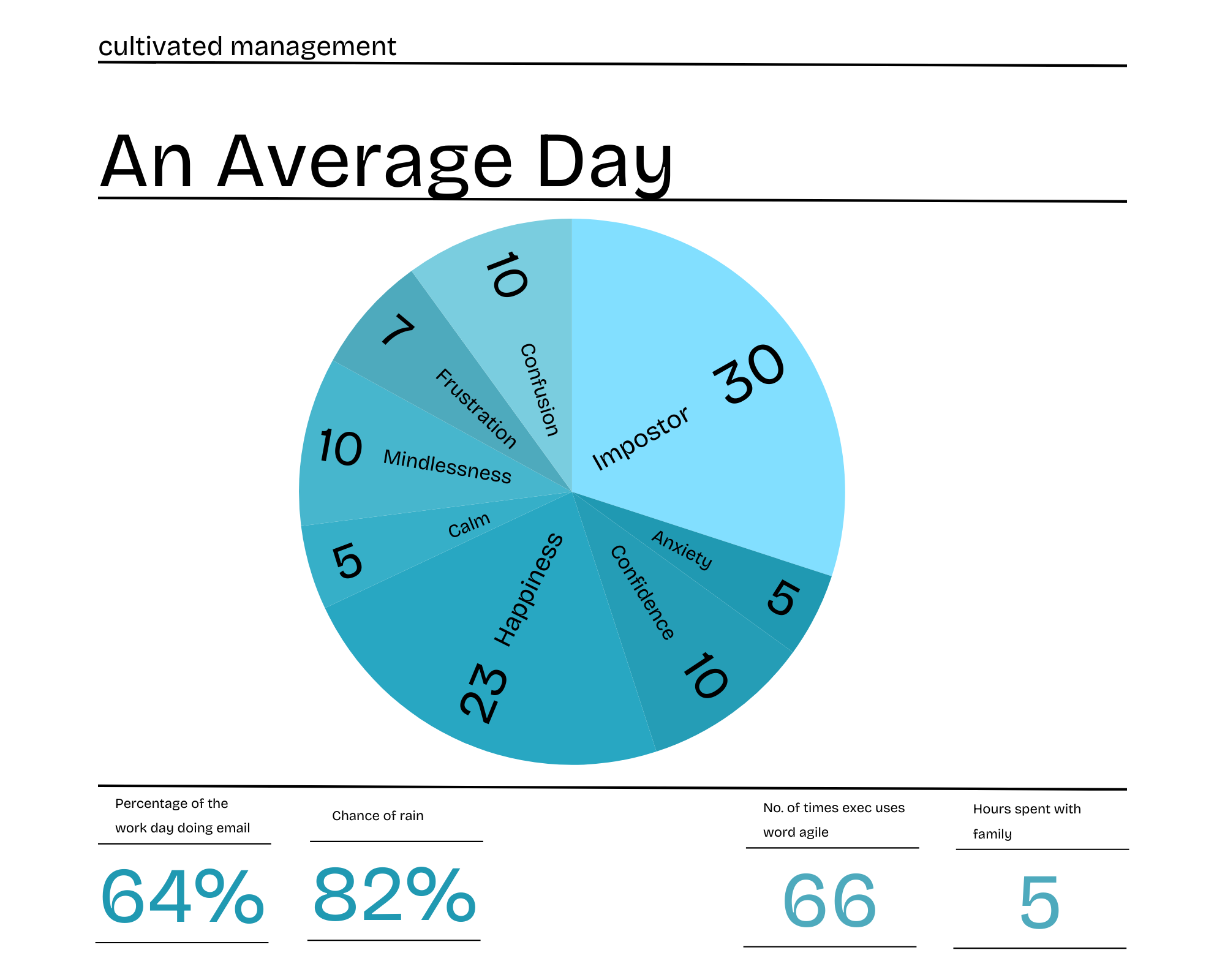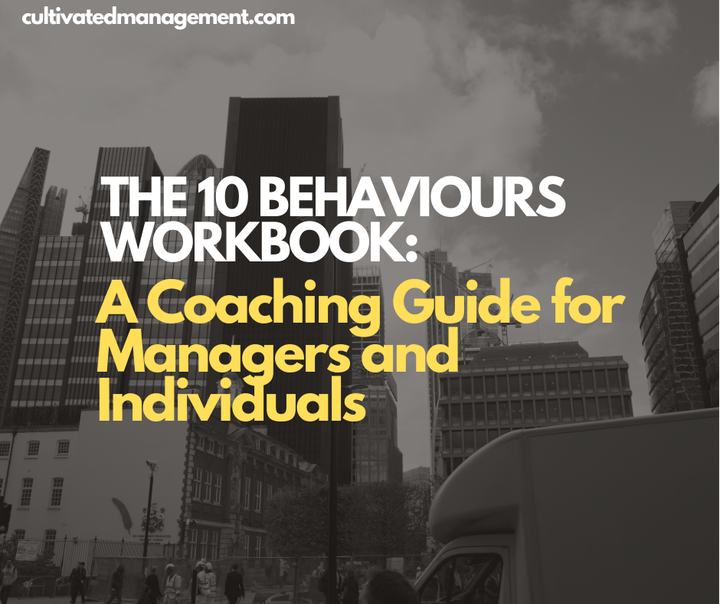Impostor Syndrome: How I Overcome Self-Doubt on Stage and at Work
Feeling like you’re out of your depth? You’re not alone. In this personal reflection, I share my experiences with impostor syndrome—and practical strategies that help me overcome self-doubt, build confidence, and keep growing professionally and personally.

I got asked the other day if I ever suffer from impostor syndrome.
“Impostor syndrome, also known as impostor phenomenon or impostorism, is a psychological experience in which a person suffers from feelings of intellectual and/or professional fraudulence,” according to Wikipedia.
I’d like to think the person asking was curious about whether others experience it — and not because they thought I was out of my depth.
The answer is yes. I think a lot of people do.
Feeling Like an Impostor on Stage
Last year, I was at a conference in Switzerland, about to deliver a Keynote. I felt like I shouldn’t be there.
Who was I to stand on stage amongst these highly talented speakers? What did I know that they didn’t? Should I even be here?
I have a lot of experience and a strong message to share, but in that moment, I doubted my worth. I’ve even written a guide on going from Zero to Keynote, yet I still felt like an impostor.
The irony, of course, is that the very preparation and practice that had brought me to this point is what saved me. The moment I stepped on stage, everything kicked in. I delivered my talk. And afterward, plenty of people came up to me, telling me how much they learned, asking questions, and engaging deeply with the ideas I shared.
I guess I did deserve to be there.

Feeling Like an Impostor at Work
It’s not just speaking on stages. At work, I often feel like I’m not good enough. That maybe I don’t know enough, or that I shouldn’t be in the role I’m in.
Then something happens — a problem crops up, and I solve it. A frustrated client becomes satisfied. A business team is stuck, and I help unblock them. A member of my team struggles, and I work through it with them. And slowly, I realise I do belong here.
It’s a repeating pattern, which I captured in a simple personal chart. It tracks how often I feel like I’m not ready, not skilled enough, out of my depth, or simply not the right person for the moment.
Then, almost inevitably, the feeling passes. I do OK. I feel OK. I remember that I have what it takes.

Impostor Syndrome is Universal
I realised a long time ago that almost everyone I know has felt this way at some point.
For some people, impostor syndrome stops them from progressing. It keeps them from raising their hand, applying for a role, or taking a chance. Others learn to work through it. Some experience highs and lows. And a few may rarely, if ever, feel like an impostor.
The important lesson is that feeling like an impostor does not mean you are unworthy. It just means you’re human.
How I Work Through It
I’ve learned a few strategies that help me manage these feelings:
- Treasure moments with family and loved ones.
My family, especially my boys, are a constant source of positive affirmation. They remind me of the role I play as a husband and father — and that my contributions are valuable. - Practice gratitude.
Gratitude has an incredible way of putting things in perspective. By recognising what is working, what has gone well, and what you’ve achieved, you build resilience against feelings of inadequacy. - Place yourself in challenging situations.
Growth doesn’t happen in comfort zones. I deliberately seek out opportunities that push me professionally and personally. These are often uncomfortable, sometimes intimidating — but they are also the best way to counter impostor syndrome (and ironically - can cause it!). - Keep a file of positive feedback.
I save emails, messages, comments, and notes from clients, colleagues, and friends that recognise my contributions. When I feel self-doubt creeping in, I revisit this file and remind myself that my efforts have had impact. - Keep your CV up to date.
Updating your CV is more than administrative. It’s a chance to reflect on your achievements, experiences, and skills. Each update is a small reminder that you have earned your place and made progress along the way. - Meditation or journaling.
Reflection helps separate emotion from reality. When I meditate or journal, I see more clearly that impostor feelings are largely mental constructs, not objective truths.
Impostor Syndrome Passes — If You Let It
Even with these strategies, there are days when impostor syndrome hits hard. It’s persistent and can feel overwhelming. But it passes.
After the wave fades, clarity returns. You realise you are capable. You realise that you do belong. You realise that the work you do matters.
This is true on stage, in meetings, in business strategy sessions, and in personal life.
Why It Matters
Impostor syndrome isn’t just a personal challenge; it can influence career growth and personal development. Left unchecked, it may hold people back from taking risks, speaking up, or pursuing opportunities. On the other hand, learning to recognise it and work through it builds resilience, confidence, and self-awareness.
It’s important to remember that feeling like an impostor doesn’t define your abilities. The moment you act, contribute, and step into responsibility, you prove to yourself — and often to others — that you are more capable than you think.
Final Thoughts
If you struggle with impostor syndrome, know that you are not alone. Almost everyone I know has faced it at some point. And it’s not a sign of weakness — it’s a signal that you are pushing yourself, taking on challenges, and growing.
Use the tools at your disposal: gratitude, reflection, feedback, family, and deliberate challenges. Recognise your achievements, acknowledge your feelings, but don’t let them hold you back.
For me, impostor syndrome will never fully disappear — and maybe that’s okay. It’s a reminder to keep learning, keep growing, and keep stepping into opportunities, even when self-doubt creeps in.
Do you suffer from impostor syndrome? How do you work through it?


